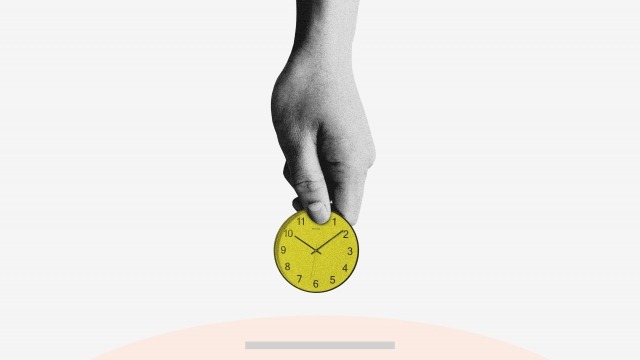Opinion: Rate cut overdue but political damage could linger

By Mark Kenny
A version of this article was originally published by The Canberra Times.
The most startling thing about the new inflation figures is that the pace of price growth is slower than the RBA predicted.
After almost three years of intended pain, one wonders what was meant to happen?
The worsening risk for months now is that if the economy were about to stall, this trailing away of price pressures would be a good early warning.
The central bank's target for inflation between 2 and 3 per cent is spoken about in revered terms as if it were a law of physics. It isn't. It is not even a law of economics.
As for the valorisation of the "trimmed mean", it too is arbitrarily set. And pretty recently too.
The financial media's reverence for such econo-babble wouldn't matter much if monetary policy was a precise scalpel or had immediate effects. Neither is true. Unfortunately, it is a blunt instrument whose diffuse influences and uneven pain take months to accumulate.
The problem, and the independent central bank enjoys its unchallengeable powers precisely to accommodate this, is that by the time the data are incontrovertible, high rates can have smothered not just prices but growth itself.
Policy reversals, including the first rate increases in the current monetary tightening phase (May 2022) invariably come too late.
The strong case for a mortgage cut at the February meeting looms as another example. Still, a late cut would be welcomed.
Not least by a Labor government which has been given little credit for reviving wages growth, providing household relief, improving human services, and investing in infrastructure. All while booking budget surpluses.
In fact, the government's energy bill relief has ameliorated household costs without dangerously igniting unsustainable consumer demand in other areas. Unemployment has also remained unusually low.
One or more rate cuts in the lead-up to the election certainly won't hurt the government but at this late stage, any electoral dividend may be negligible.
The recent US election showed that even when inflation had been genuinely tamed, painful price-traumas can linger in voters' minds. That's because when inflation is beaten, prices don't revert to pre-spike levels, they simply grow more slowly.
Both John Howard and Scott Morrison suffered interest rate rises during their final election campaigns. These hikes sounded their respective death knells.
But would a rate "cut" be as pivotal? Messrs Albanese and Chalmers are "centrally" banking on it.
Mark Kenny is the Director of the ANU Australian Studies Institute and host of the Democracy Sausage podcast.








